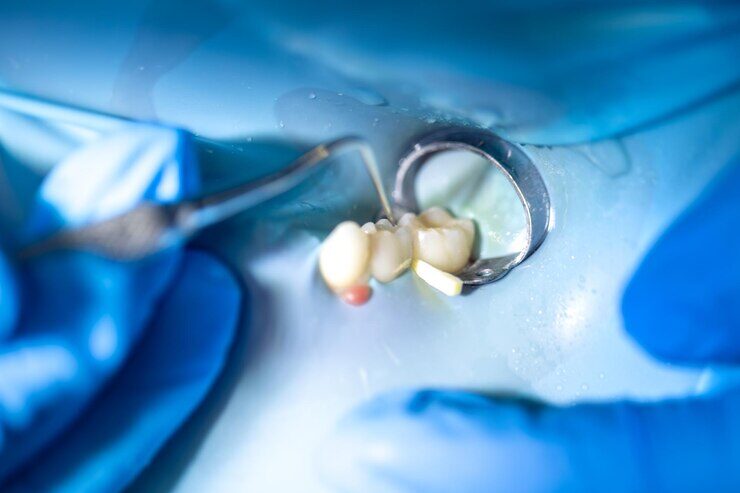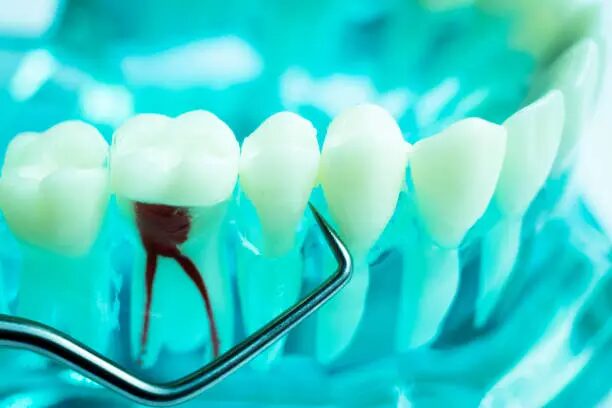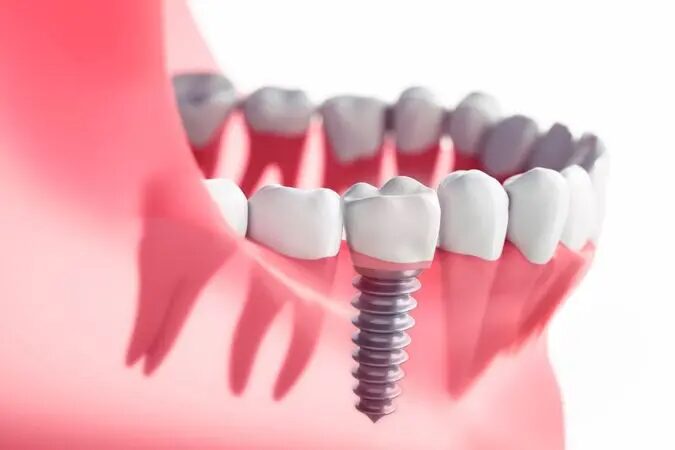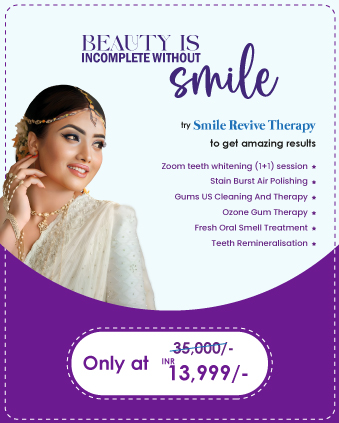Dentures have been a reliable solution for those missing teeth, offering improved aesthetics, functionality, and confidence. However, the choice between loose dentures and fixed dentures can significantly impact comfort, stability, and overall satisfaction. Understanding the advantages and considerations of fixed dentures, as well as the drawbacks of loose dentures, is crucial in making an informed decision about the most suitable option for your dental needs.
Loose Dentures: Drawbacks and Considerations
Loose dentures, also known as removable dentures, are prosthetic devices designed to replace missing teeth. While they offer a cost-effective solution and are relatively easy to adjust, they come with several drawbacks and considerations that may affect comfort and functionality:
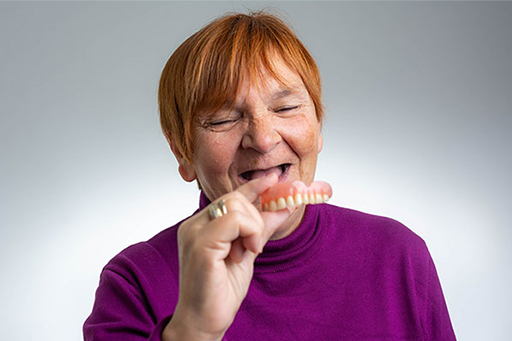
Poor Stability: One of the primary issues with loose dentures is their lack of stability. They can shift or move around while eating or speaking, leading to discomfort and embarrassment for the wearer.
Difficulty Eating: Loose dentures may make it challenging to eat certain foods, especially hard or sticky items, as they can dislodge or become uncomfortable while chewing.
Speech Impediments: Ill-fitting dentures can affect speech patterns, causing slurring or mumbling, particularly if the dentures move around while talking.
Gum Irritation: Continuous movement of loose dentures against the gums can lead to irritation, soreness, and even the development of sores or ulcers.
Bone Resorption: Removable dentures do not provide stimulation to the underlying jawbone, which can lead to bone resorption over time, resulting in changes to facial structure and further instability of the dentures.
Maintenance Requirements: Loose dentures require regular maintenance, including removal for cleaning and adjustment, which may inconvenience some individuals.
While loose dentures may be a suitable option for some patients, those seeking a more stable and permanent solution may find fixed dentures to be a better alternative.
Fixed Dentures: Advantages and Considerations
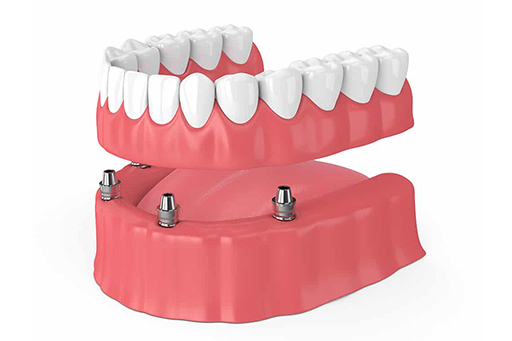
Fixed dentures, also known as implant-supported dentures or implant-retained dentures, offer a more secure and permanent solution for replacing missing teeth. By anchoring the dentures to dental implants surgically placed in the jawbone, fixed dentures provide numerous advantages over their removable counterparts:
Enhanced Stability: Fixed dentures are firmly anchored in place, providing superior stability and preventing movement or slippage during eating, speaking, or laughing.
Improved Chewing Function: With fixed dentures, patients can enjoy a more varied diet, including tougher and chewier foods, as the dentures remain securely in place.
Natural Appearance: Fixed dentures are custom-designed to match the shape, size, and color of natural teeth, resulting in a more natural and aesthetically pleasing smile.
Preservation of Bone Health: Dental implants used to support fixed dentures stimulate the underlying jawbone, helping to prevent bone resorption and preserving facial structure over time.
Long-Term Durability: Fixed dentures are built to last and typically have a longer lifespan compared to removable dentures, reducing the need for frequent replacements.
Convenience and Comfort: Once in place, fixed dentures function like natural teeth, eliminating the need for removal for cleaning or maintenance.
However, it’s essential to consider some factors before opting for fixed dentures:
Cost: Fixed dentures generally involve a higher initial investment compared to removable dentures due to the surgical placement of dental implants. However, they offer long-term benefits that may outweigh the upfront cost for many individuals.
Surgical Procedure: The placement of dental implants requires oral surgery, which may not be suitable for everyone. Patients should discuss their medical history and any potential risks with their dentist or oral surgeon before undergoing the procedure.
Healing Time: The process of osseointegration, during which the dental implants fuse with the jawbone, typically takes several months. Patients may need to wear temporary dentures during this period and should follow post-operative care instructions provided by their dental provider.
Maintenance: While fixed dentures require minimal maintenance compared to removable dentures, regular oral hygiene practices, such as brushing and flossing, are essential to ensure the longevity of the prosthetic and maintain oral health.
Conclusion
Choosing between loose dentures and fixed dentures is a significant decision that should be based on individual needs, lifestyle, and budget. While loose dentures offer a more affordable and removable option, they come with drawbacks such as poor stability and potential discomfort. Fixed dentures, on the other hand, provide enhanced stability, improved functionality, and long-term benefits, albeit at a higher initial cost and requiring a surgical procedure.
Ultimately, consulting with a qualified dental professional is crucial in determining the most suitable option for replacing missing teeth and restoring oral health and confidence. By weighing the advantages and considerations of both loose and fixed dentures, individuals can make an informed decision that meets their unique needs and preferences, ensuring a comfortable and functional smile for years to come.



